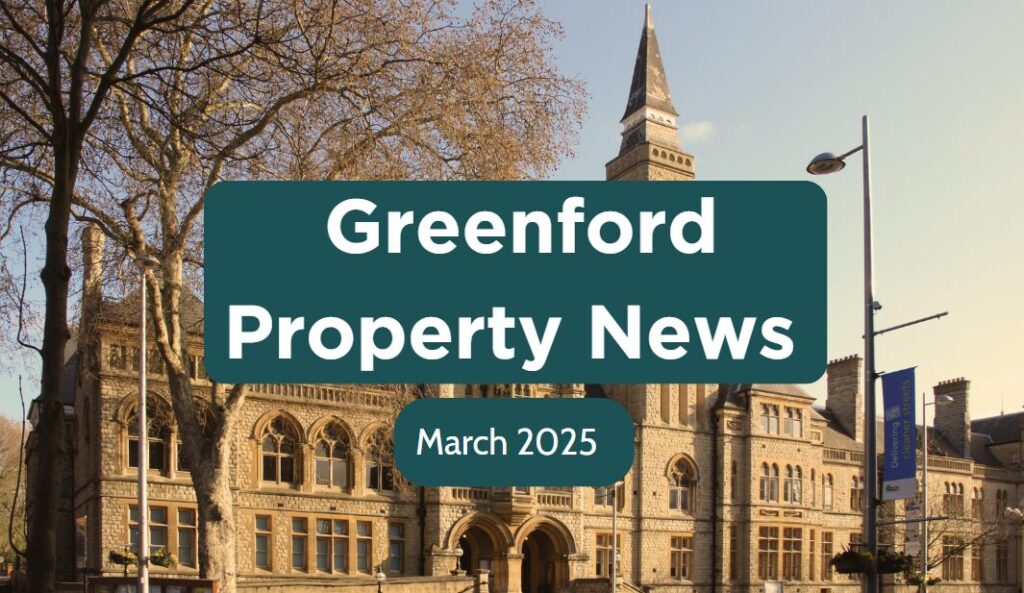Ealing Overview
-
A couple of the major lenders have launched mortgage deals with interest rates of less than 4% (60% loan to value).
-
While the sub-4% rates are currently only available for those with larger deposits, this still represents a positive shift in market sentiment and shows where rates on other products might move over the next few months.
-
Interest rates are typically lower for people with larger deposits, but even in this scenario, rates have been sitting stubbornly at over 4% for the last year, particularly for 2-year fixed deals. The Bank of England’s rate cuts have been slower to materialise than originally expected.
-
This flurry of increased competition in the mortgage market is welcome news for borrowers. Source: Dataloft by PriceHubble, Bank of England, Santander, Barclays
What is Conveyancing?
Buying a property can be an anxious and stressful time. However, if you begin to understand the process, the anxiety and stress can be reduced.
Conveyancing simply put, is the transfer of a property’s title from one person to another. While this may sound straightforward, in practice, the process of transferring legal ownership is more complex.
For a freehold property—typically a house, whether detached, semi-detached, or terraced—your lawyer will need to review the contract to ensure it is in order. They will also confirm that the house you wish to buy is being sold by the rightful owner and that its transfer can be legally registered with the Land Registry, a government department.
Additionally, your lawyer will examine any positive rights, such as rights of way, access to communal areas, garages, or parking spaces. They will also check for any restrictions, which could relate to extending the property, its permitted use, or other limitations on what you can and cannot do—both internally and externally, including within the grounds.
Your lawyer will also conduct searches, including a local authority search, to identify any potential issues such as enforcement notices for unauthorised works, private road obligations, or restrictions like compulsory purchase orders by the local authority. Other considerations may include developments such as Crossrail or HS2.
Once your lawyer is satisfied that you are obtaining absolute title with no onerous legal restrictions, you will be asked to sign the contract and provide a deposit, usually 10% of the purchase price, to exchange contracts.
What is an exchange of contracts?
This is a legally binding agreement between the seller and the buyer, entered into on your behalf by your lawyer. Breaching this contract can have serious consequences, so you should only authorise your lawyer to proceed if:
- You are completely satisfied with the property and all the information provided by your lawyer.
- Your mortgage offer or financing is confirmed.
- You can complete the purchase on the agreed completion date.
Between exchange of contracts and completion, your lawyer will ensure that the seller’s mortgage and any other registered debts against the title are cleared. They will also ensure that both your interest and the lender’s mortgage interest are protected until you are officially registered as the legal owner.
Once completion has taken place—on the agreed date—your lawyer will call you to collect the keys from either the seller or the estate agent. Hopefully, you can then enjoy your new home, while in the background, your lawyer registers you as the legal owner.
Leasehold properties
For leasehold properties, the process is slightly more complex, meaning it typically takes longer to reach the exchange of contracts. This is because:
- Your lawyer will need to review a legal pack—usually provided by the landlord or management company—to check for outstanding service charges or any planned work that could result in unexpected costs.
- The legal pack contains additional documents and obligations that must be carefully reviewed to avoid financial surprises later.
There are, of course, many other aspects of the legal process that your lawyer will need to check, but these cannot all be covered in this article.
Hopefully, this provides a small insight into what the conveyancing process entails.
To read the full article, click here



